
Luke 6:26 - Woe to you when everyone speaks well of you, for that is how their ancestors treated the false prophet.
How Do You Overcome the deep wounds of hurtful, mocking words?
The old mantra, “Sticks & stones may hurt my bones but words will never hurt me”...well that’s a myth. It’s just not true.
In fact, sometimes physical wounds may heal while the wounds from hurtful words grow more damaging over time. What can we do to keep these wounds, from damaging words that were spoken to or about us, from festering, becoming infected, and spreading throughout every area of our lives.
Imagine a time when hurtful words were spoken that cut you like a knife. It was awful. But since you took steps to protect yourself and contain the injury to your heart, soon you found you could think about or be reminded about the incident and
•remain calm and confident
•keep it from ruining your day
•interact with the person/people involved with zero anxiety or dread
So what can help in addition to time?
Time may be needed but time alone won’t necessarily heal your word wounds. 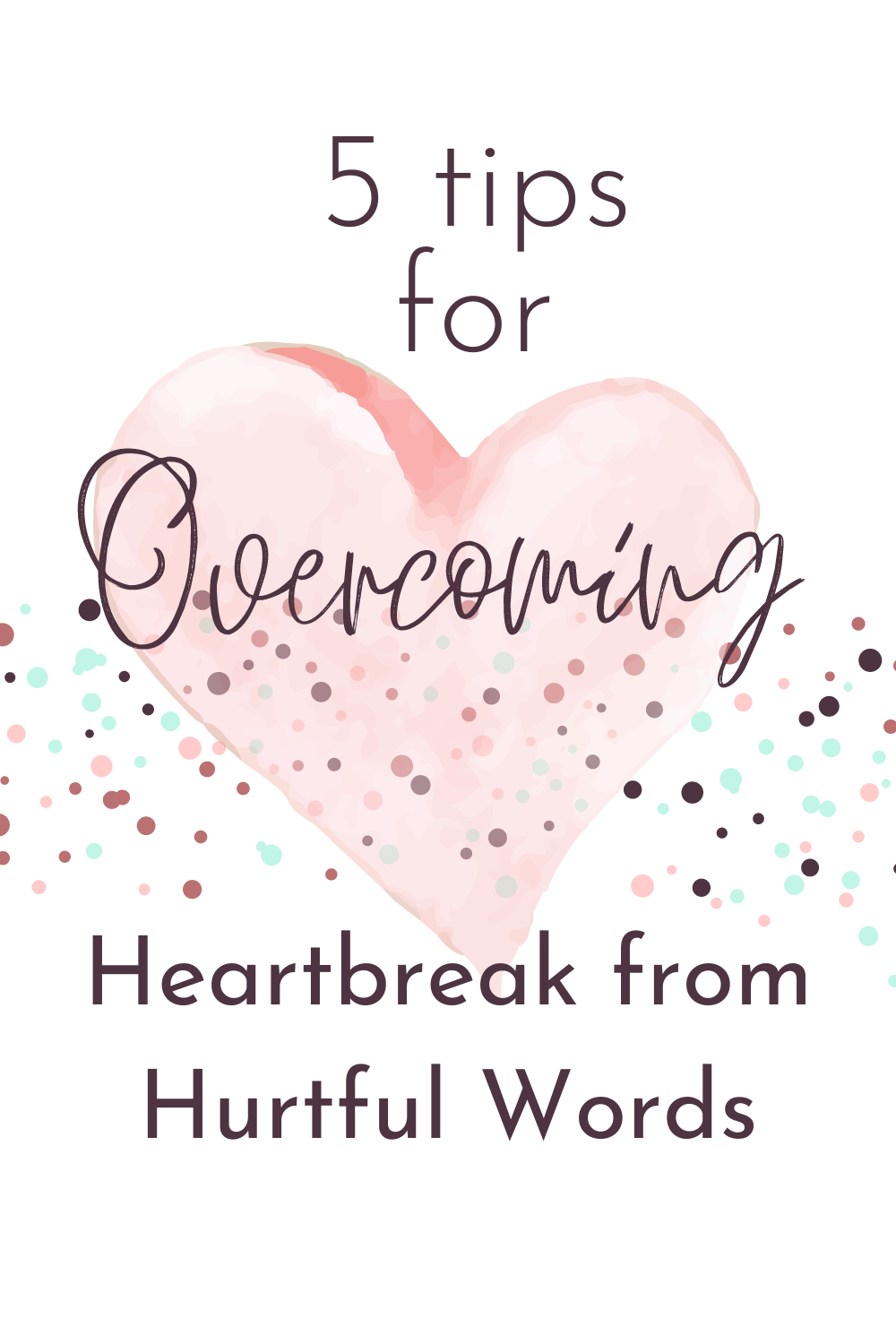
It may help to re-frame our expectations. As we learn from the verse in Luke, when everyone speaks well of us we should take that as a red flag! If we’re speaking and standing for truth we can expect hurtful, mocking words to be spoken against us.
Do your work. Just as with other wounds, though the one hurting is not the one at fault, but they ARE the one who has to do the work related to recovery.
Forgive - but don’t expect forgiveness to magically erase the hurt. While forgiveness can definitely aid recovery (and non-forgiveness impede recovery), it’s NOT the same as recovery. Some would advise forgive and forget and that’s it. But in reality, there can be some word hurts that need more recovery time and to go through a process of healing and new growth. We can support or hinder this process of course, not only through unforgiveness, but other ways as well, such as denial or minimizing, or neglect of the injury, and even re-injury.
Consider the source - Consider that the person saying hurtful things to or about you may be speaking from a misunderstanding, a different viewpoint or belief system, their own agenda, their own hurts and fears. In short, the things they're saying may be more about them than about you.
TLC for your heart - Just as with physical wounds, word wounds may need some TLC attention to keep them from getting worse. This can take different forms. You may need to seek out a counselor to work through deep-seated injuries.
Do you have any neglected wounds that could use some TLC? Leave me a message - I’d be delighted to hear from you.
Subscribe with the link on this page for email notifications if you like this podcast series on Overcoming with Faith. And subscribe wherever you like to listen to your favorite podcasts, too!
______________________________________________________

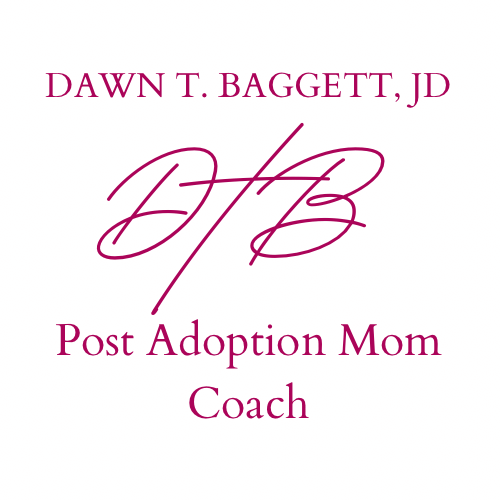

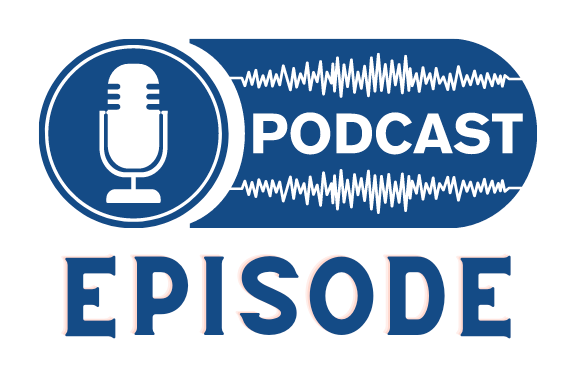


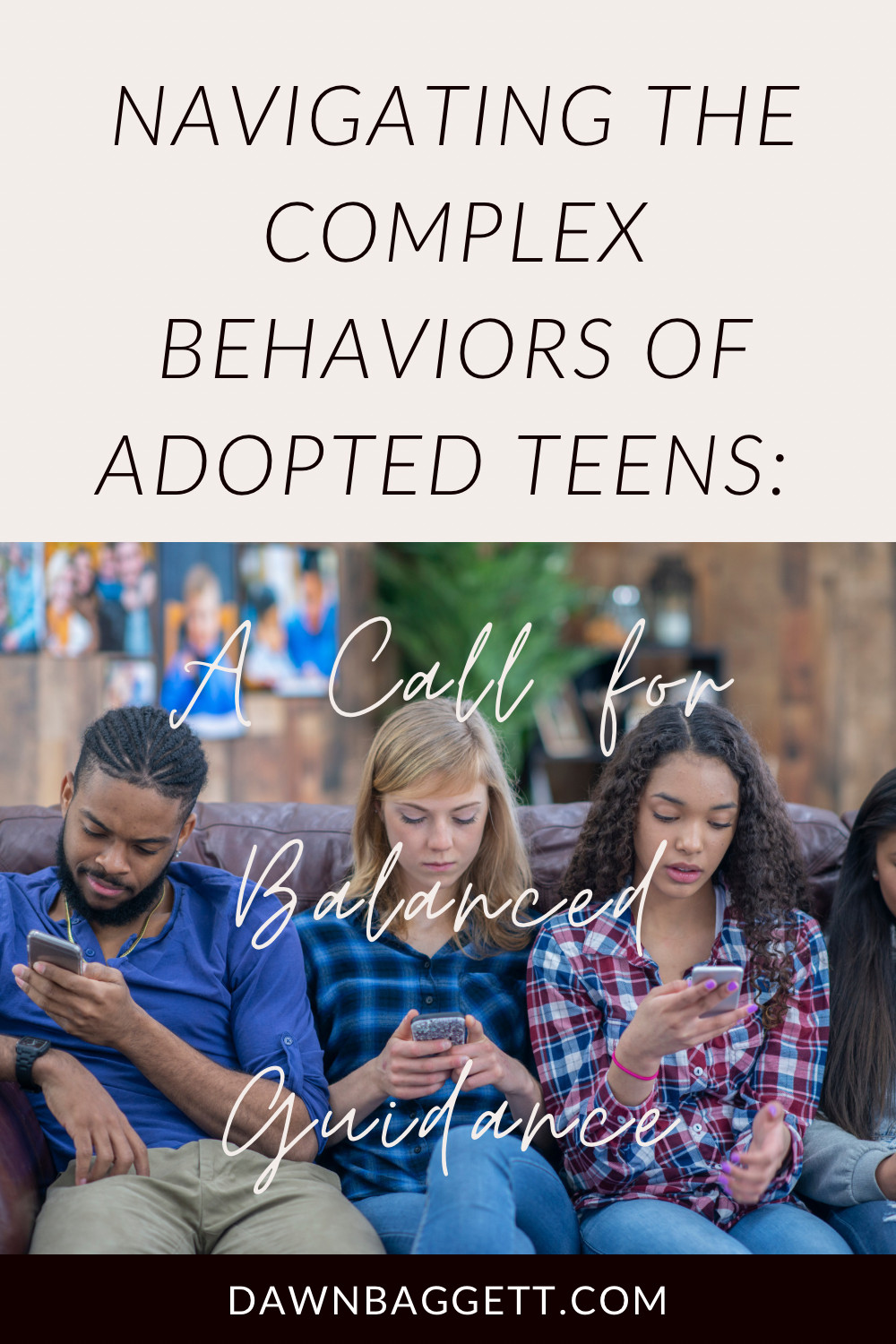
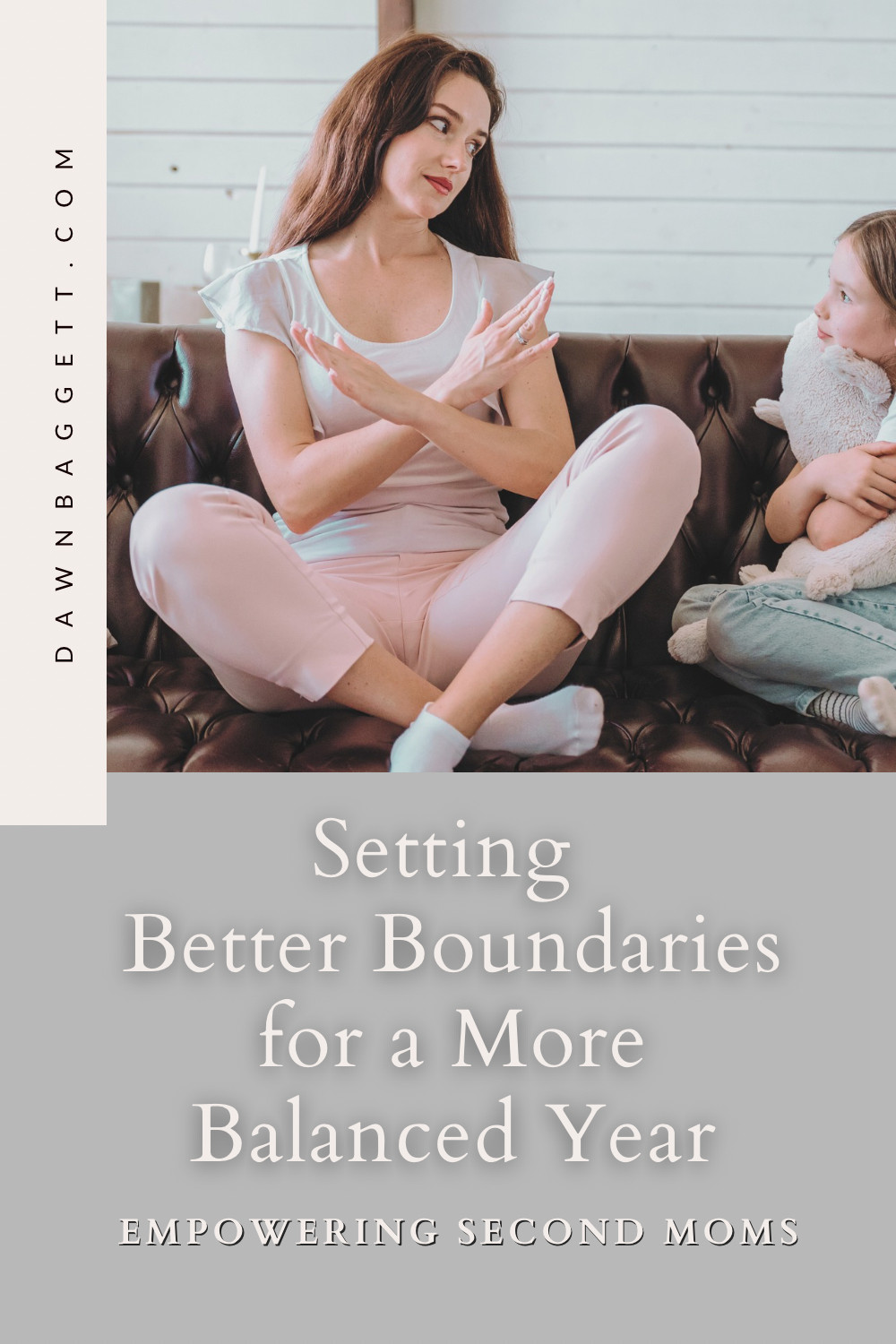
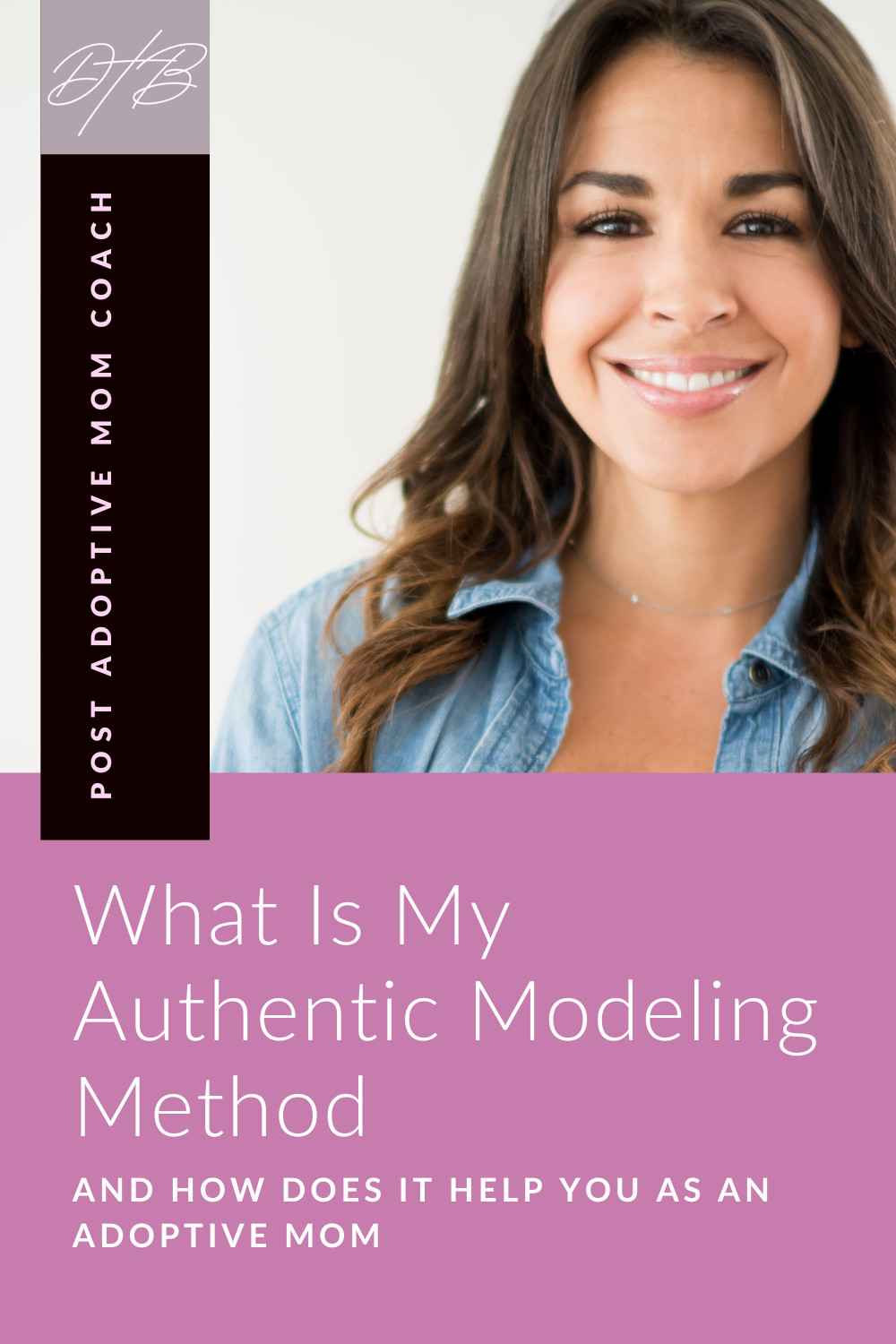
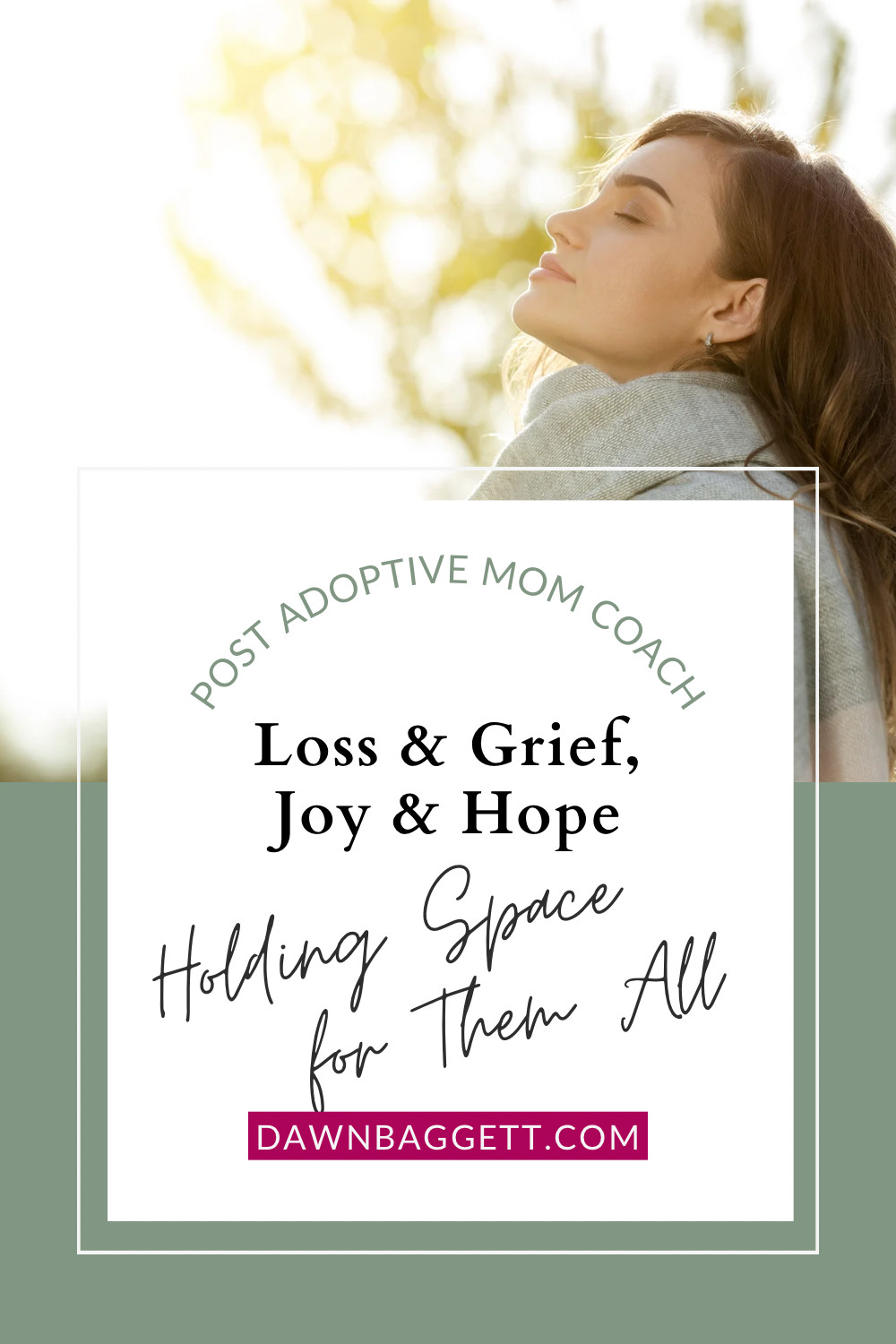
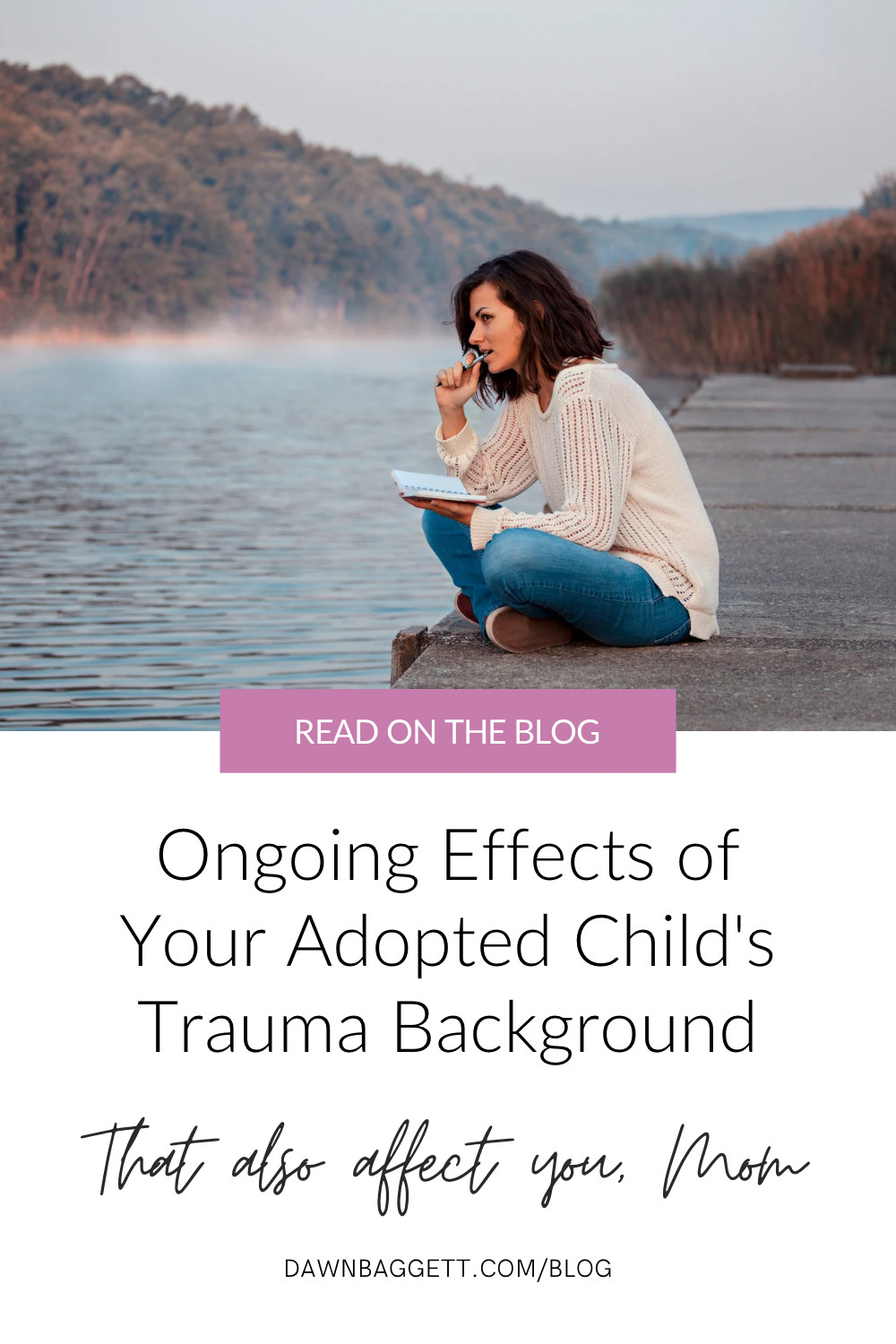


0 Comments